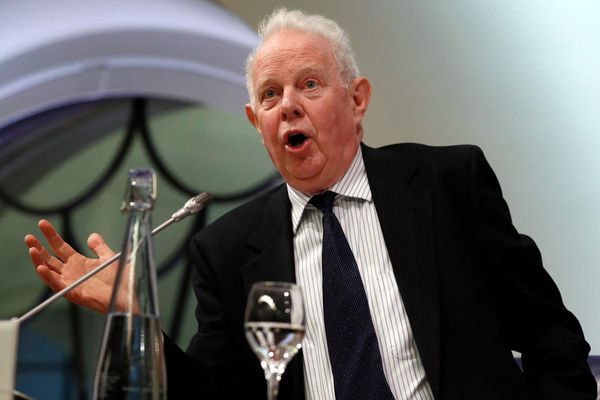
Nearly every article on the Great Wealth Transfer discusses how the Silent Generation and Baby Boomers are poised to transfer about $84.4 trillion in assets through 2045, with $72.6 trillion going directly to heirs, according to Cerulli Associates.
But how the ultra-wealthy perceive wealth could have implications for others. Many goods and services, initially exclusive luxuries for the ultra-wealthy — such as electricity, indoor plumbing and refrigeration — are now taken for granted by the broader population. How the ultra-wealthy think about wealth today will shape how the broader world thinks about it tomorrow.
In the book Complete Family Wealth, co-authors James Hughes Jr., Keith Whitaker and Susan Massenzio recount a wise grandmother's words: "Our family has always been rich, and sometimes we've had money." This statement encapsulates a perspective long held in ultra-wealthy circles, now reaching a wider audience. True wealth for an individual, household or family lies in their well-being — a flourishing family unit.
You might wonder how to apply this concept in your own family. Complete Family Wealth provides a framework, The Five Forms of Family Capital, which we'll modify slightly for a more actionable approach to wealth transfer beyond just money. Additional insights can be gleaned from organizations like the UHNW Institute and ideas such as Wealth 3.0.
Here's a brief explanation of each form of capital, along with economical and generous ways to implement them:
1. Cultural capital (spiritual capital): Reflects the family's shared vision (purpose, values and roles).
Economical: Order pizza, grab some scrap paper and dedicate a Friday night to drafting your personal, household or family vision. TFM defines vision as purpose plus values plus roles. Don’t worry about getting it perfect, just get started.
Generous: Arrange a family retreat with an external facilitator, combining vacation elements with sessions to refine individual, household and family visions.
2. Human capital: Promotes the physical and mental health of family members.
Economical: Take a family walk or hike without phones (except one for emergencies). This is a simple way to enjoy one another’s company and the benefits of exercise.
Generous: Enroll in fitness classes together (yoga, spin, boot camps, kickboxing, etc.). If a family elder can sponsor, even better. This is a fun way to emphasize the value of physical health.
3. Social capital: Strengthens a family’s relationships and their ability to make decisions together.
Economical: Start a family book club or movie night, alternating choices among members. It's an opportunity to deepen discussions beyond the usual topics. Books we suggest starting with: Generations by Jean Twenge or The Good Life by Robert Waldinger and Marc Schulz. Movies could be Defending Your Life or Dead Poets Society.
Generous: Virtual family game night with a game-show host. This isn’t as expensive as you’d think, and you can’t beat the convenience of a company like Playful Humans. We’ve found 8 p.m. on a weekday night, planned four to six weeks in advance, as a universally doable time for all life stages.
4. Intellectual capital: Shares the collective knowledge, experiences and wisdom of the family.
Economical: Have someone in your family teach a class about what they know to the rest of the family. This could be Uncle John teaching everyone to hit a golf ball, Aunt Mary teaching about making the world’s best cupcakes or Grandpa Pete teaching everyone to drive a stick shift.
Generous: Create a private family podcast. It has never been easier to record and edit audio and never been cheaper to preserve the audio in a way that it can be used later. All you need is some basic equipment/software, a passionate member of the family to do the interviewing and some willing subjects to be interviewed. Some of the questions we love are around wisdom: What has your life taught you about love, success, happiness, leadership, etc.?
5. Financial capital: Refers to cash, securities, real estate and other traditional assets.
This is a well-trodden path with plenty of complexity. Consult your financial team for tailored advice.
These initiatives all demand time investments. Consider dedicating 30 minutes to an hour a month preparing for your family’s “wealth transfer.” Reflect on the optimal allocation of your time across these capitals.
While most people focus 95% of their effort on financial capital, this alternative framework offers a broader perspective on legacy. What you choose to do with it is entirely in your hands.







